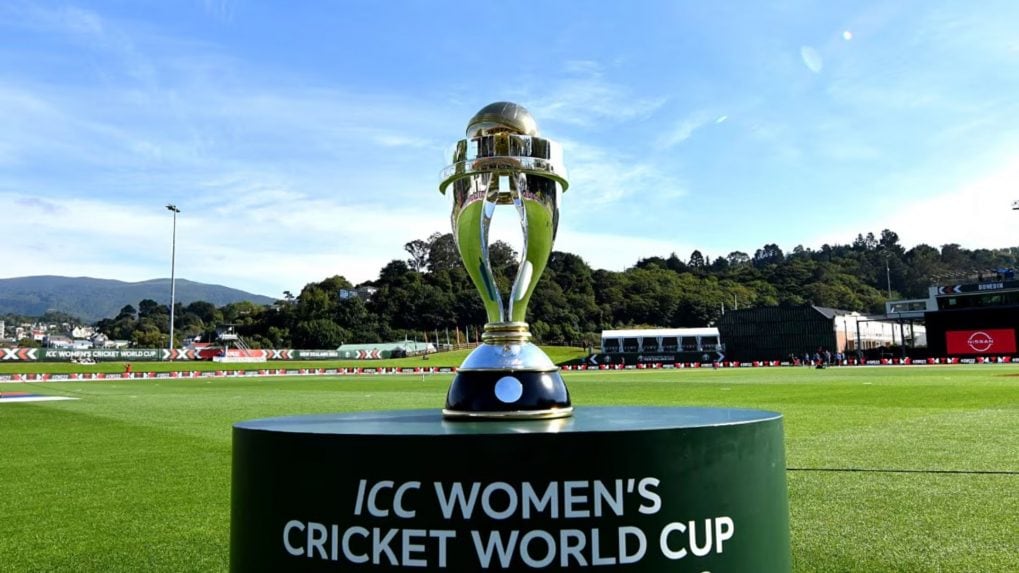Delhi HC orders real-time blocking of rogue sites streaming ICC Women’s World Cup
Multiple domain name registrars have also been instructed to submit sealed affidavits revealing complete registrant information such as names, contact numbers, payment details, and KYC records within four weeks.
ADVERTISEMENT
The Delhi High Court has granted an ex parte ad-interim injunction in favor of JioStar India Pvt. Ltd., restraining six rogue websites from illegally streaming matches of the upcoming ICC Women’s World Cup 2025. The tournament started from September 30 to November 2, 2025, across India and Sri Lanka.
The order, issued by Justice Tejas Karia, comes after JioStar approached the court seeking urgent interim relief to protect its exclusive media and broadcast reproduction rights acquired from the International Cricket Council (ICC) under a four-year agreement signed in August 2022. The company, which operates over 100 channels and the OTT platform JioHotstar, holds exclusive digital and television rights for all ICC events in India between 2024 and 2027.
The lawsuit named https://crichdstreaming.com, bdixtv24.cam, tv1.webtvflix.store, streamed.pk, dlhd.dad, and embedsports.top as the primary infringing websites, alleging that they were hosting pirated and unauthorized sports content. These websites, JioStar argued, were likely to unlawfully stream or share live matches and clips once the World Cup began, undermining the company’s substantial investments.
“Unauthorized dissemination or communication of ICC Women’s World Cup 2025 matches would result in significant financial loss and irreparable damage to the plaintiff’s exclusive rights,” the order observed.
Justice Karia noted that similar cases in the past had shown rogue websites frequently creating mirror domains to bypass blocking orders, emphasizing the need for “swift and dynamic” judicial intervention to prevent ongoing and future violations.
The court directed multiple domain name registrars — including EasyDNS, Dynadot LLC, Namecheap Inc., PKNIC, and Tucows Domains Inc. — to immediately suspend and block the domain names of the six rogue websites. These registrars have also been instructed to submit sealed affidavits revealing complete registrant information such as names, contact numbers, payment details, and KYC records within four weeks.
Further, Internet Service Providers (ISPs) and Telecom Service Providers (TSPs) across India (Defendants 12–20) were ordered to block access to these websites, while the Department of Telecommunications (DoT) and the Ministry of Electronics and Information Technology (MeitY) were told to issue necessary directives to enforce the blocking at the national level.
Importantly, the court permitted JioStar to continuously monitor and report new infringing sites during the tournament. If any new rogue sites are discovered streaming World Cup matches, JioStar can inform the registrars, ISPs, and government departments to block them in real-time without returning to court for separate injunctions.
The order states, "Such a relief is called for in the present matter as any delay in blocking the websites would, in fact, result in considerable pecuniary loss to the Plaintiff and result in irreparable violation of the Exclusive Rights of the Plaintiff."
In granting this order, Justice Karia referenced the Delhi High Court’s 2023 decision in Universal City Studios LLC v. Dotmovies.baby, which introduced the concept of a “Dynamic+ injunction.” This approach allows rights holders to extend existing injunctions to cover future works and newly discovered infringing domains, especially in cases involving fast-moving digital piracy.
Quoting from that judgment, the court noted: “Any injunction granted by a court ought to be effective in nature… Plaintiffs may not be able to approach the Court for each and every film or series that is produced in the future.”
The judge said that given the scale and immediacy of potential infringements during a live global event like the Women’s World Cup, a similarly flexible remedy was warranted to ensure effective enforcement.
Justice Karia clarified that if any legitimate website is mistakenly blocked, it can approach the court with an undertaking affirming that it does not intend to stream or disseminate copyrighted content illegally. The court will then consider modifying the injunction accordingly.
The matter will next be heard on January 29, 2026, and JioStar has been directed to file compliance affidavits and updates on newly blocked domains periodically.
The ruling underscores the judiciary’s proactive stance in combating digital piracy of live sports broadcasts — a persistent issue that affects broadcasters, advertisers, and sports bodies alike. The “real-time blocking” mechanism authorized by the court is expected to serve as a template for future copyright protection orders, especially for major live-streamed events.


